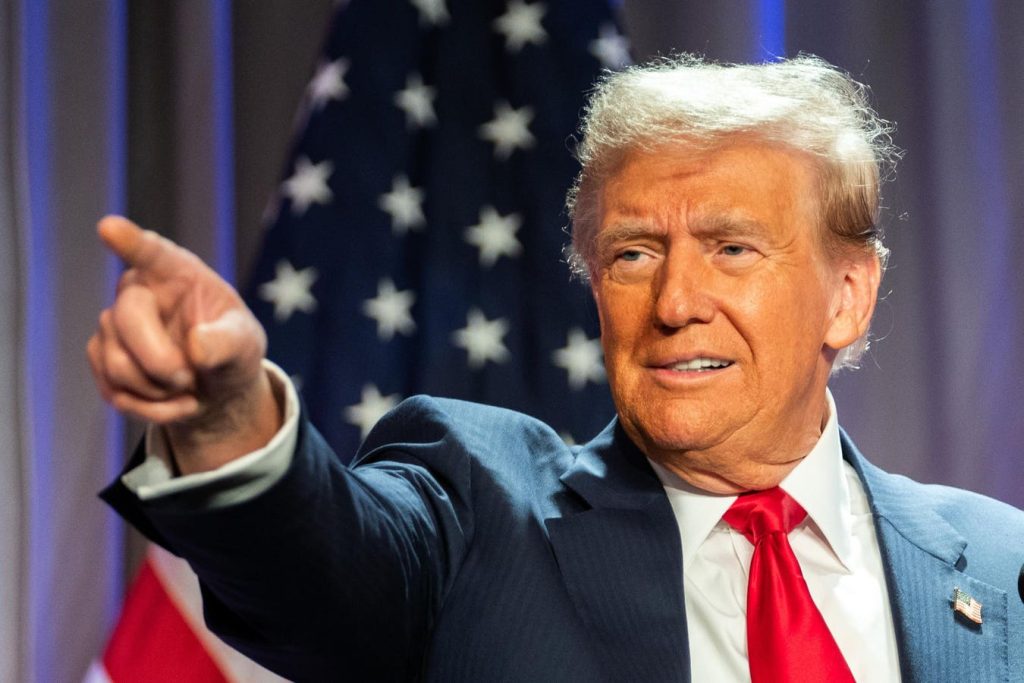The year 2024 witnessed a modest resurgence in initial public offerings (IPOs), yet the volume remained significantly below the surge experienced in 2020 and 2021. Those years, fueled by low interest rates, inflated valuations, and the SPAC frenzy, saw an unprecedented influx of companies entering the public market. In contrast, 2024 recorded 150 operating company IPOs raising $30 billion and 56 SPAC IPOs raising $8.5 billion, a stark contrast to the over 1,000 IPOs and $286 billion raised in 2021, according to Renaissance Capital. This decline can be attributed partly to tempered market enthusiasm following the underwhelming performance of many newly public companies. Additionally, the Biden administration’s policies, particularly the SEC’s stance under Gary Gensler, created a less favorable environment for SPACs and crypto-related ventures, further dampening IPO activity.
With the 2025 arrival of a new administration led by a president with personal experience in the SPAC process and a keen interest in stock market performance, speculation abounds regarding a potential IPO rebound. Many dealmakers anticipate a revitalized IPO landscape under the new administration. The prevailing belief is that a deregulatory approach could stimulate growth across various sectors, leading to increased valuations and a more active IPO calendar. Lise Buyer of Class V Group, an experienced IPO advisor, suggests that relaxed regulations, particularly in sectors like crypto and AI, could drive rapid growth and boost valuations, ultimately attracting more companies to the public market. This renewed enthusiasm could ripple through the market, encouraging even lesser-known companies to pursue IPOs.
One persistent obstacle has been the reluctance of companies with high private valuations to accept lower public market valuations. The inflated valuations of 2020-2021 created a gap that many companies were unwilling to bridge. However, there are signs of this resistance softening. As market exuberance has subsided, growth rates for many companies have normalized, leading to more realistic valuation expectations. This adjustment could pave the way for more companies to consider IPOs in 2025. However, countervailing factors, such as rising interest rates due to inflationary pressures, could dampen investor appetite for new issues and offset the positive momentum.
As 2025 approaches, several high-profile companies are either preparing for or have already filed for IPOs. Chime Financial, Klarna, and Venture Global are among the notable names, each representing different sectors and reflecting the diverse range of companies seeking public listing. These prominent IPOs could set the stage for a broader market resurgence, attracting other companies and further boosting investor confidence. The success of these initial offerings will likely influence the overall IPO landscape in the coming year.
West Riggs of Truist Securities points to the positive performance of 2024 IPOs as a strong indicator for 2025. He believes the outperformance of the 2024 IPO class, particularly those exceeding $100 million, has created a receptive environment for new issues. Combined with the anticipated deregulatory environment under the new administration and unified government control, Riggs foresees a potentially robust year for IPOs in 2025. This optimistic outlook is supported by the underlying market conditions and the political landscape, which appear to be aligning favorably for increased IPO activity.
Another driving force behind potential IPO growth is the pressure on private equity and venture capital funds to generate returns for their investors. With an estimated $3 trillion in assets awaiting liquidity events, these funds are increasingly motivated to take portfolio companies public, even if valuations are not at their peak. The new administration’s first year may present an opportune window for these funds to achieve liquidity. Companies like Medline Industries, Sailpoint, and Smithfield Food represent the diverse range of businesses backed by private equity seeking to enter the public market. Geopolitical factors, such as rising tensions between the US and China, could also contribute to this trend, with more Chinese-owned assets potentially being restructured for US public listings.
The incoming administration’s emphasis on deregulation raises questions about its potential impact on the IPO process. Will the Trump administration, potentially influenced by figures like Elon Musk and Vivek Ramaswamy, streamline regulations and reduce the burden of public company compliance? While Musk’s past clashes with the SEC suggest a potential focus on this area, concrete plans remain unclear. The appointment of Paul Atkins, with his crypto ties and deregulatory leanings, to chair the SEC signals a potential shift in approach. Similarly, Jay Clayton’s appointment to the U.S. Attorney’s Office for the Southern District of New York could also lead to a more lenient regulatory environment. However, experts like Doug Ellenoff, a leading SPAC IPO advisor, express skepticism about wholesale changes, emphasizing the importance of cooperation between the SEC and new forms of capital formation. Lou Taubman, representing many Asian issuers, highlights the uncertainty surrounding the impact on Chinese companies, particularly in light of potential trade and investment disputes. Ultimately, it remains to be seen whether the administration will enact significant reforms to the IPO process and address the underlying issues that have contributed to the decline in public companies.

